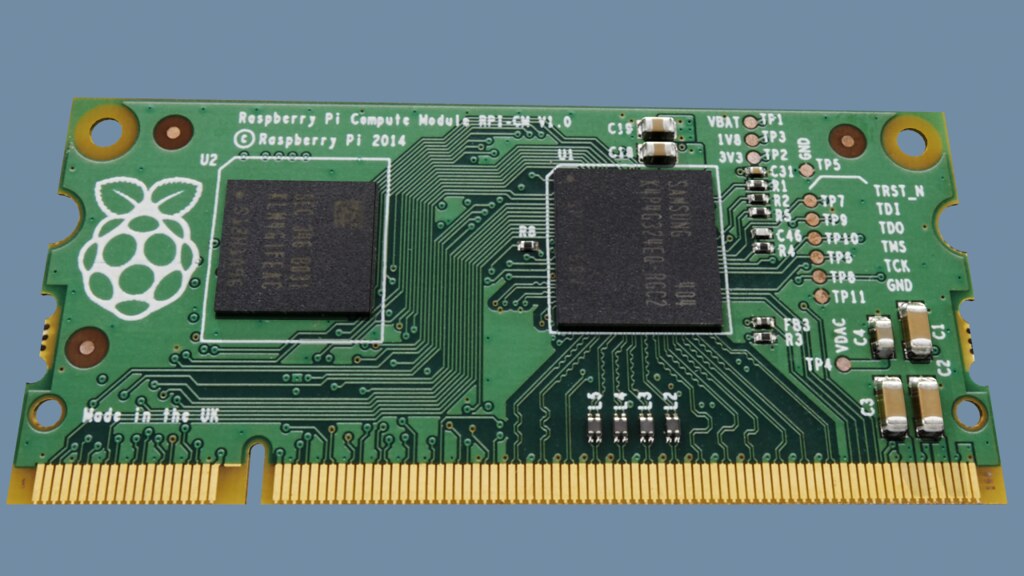The more the merrier. Some of the deciding factors are range, power consumption, and needed throughput. For lower power and/or greater range, I think a narrowband solution like this is better:
http://shop.ciseco.co.uk/rf-328-arduino-atmega-328-compatible-radio-transceiver-rfu-328/
It's a simple serial-over-wireless transceiver built onto an arduino. The cost is less, but it's close enough to be a wash. Also a small size. However, you need a receiver, and wi-fi is already in so many things.
I tried a wi-fi breakout board from Adafruit, and the range was awful. Not sure why. I even used an external antenna. I would hope the Photon's wi-fi does better.
As to CPU strength, the edison and photon obviously beat the ciseco, which has a puny arduino processor. However, comparing the edison and the photon, I find it hard to compare cpu's against one another without benchmarks. Other than looking at clock speed and word size and number of address bits, how do you do it? For instance, I'm struggling right now to figure out which little linux device has enough muscle to run HomeSeer3 fast enough, and I'm at wits-end trying to guess it on paper. The Edison has an x86 architecture, so it
might possibly run HomeSeer3 if it can load Debian, but would it be fast enough? I kinda doubt it, but... maybe? Maybe at $50 you just buy it and try it. Seems like there should be a better way of deciding though.

